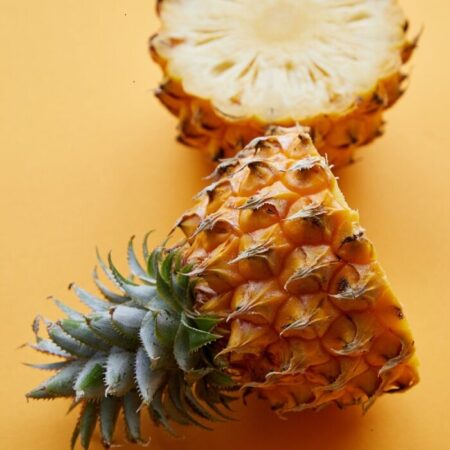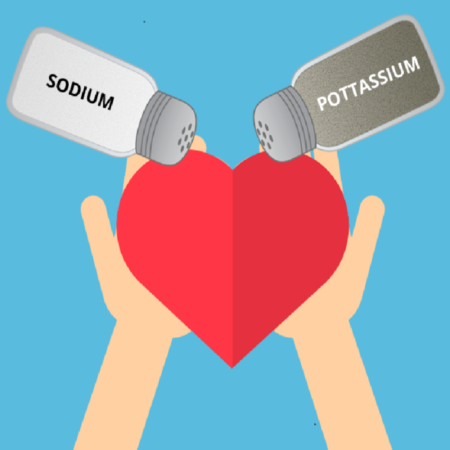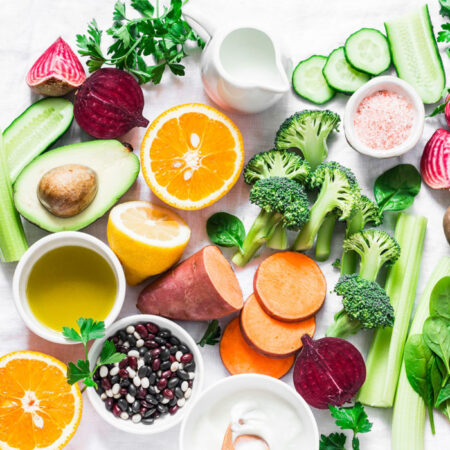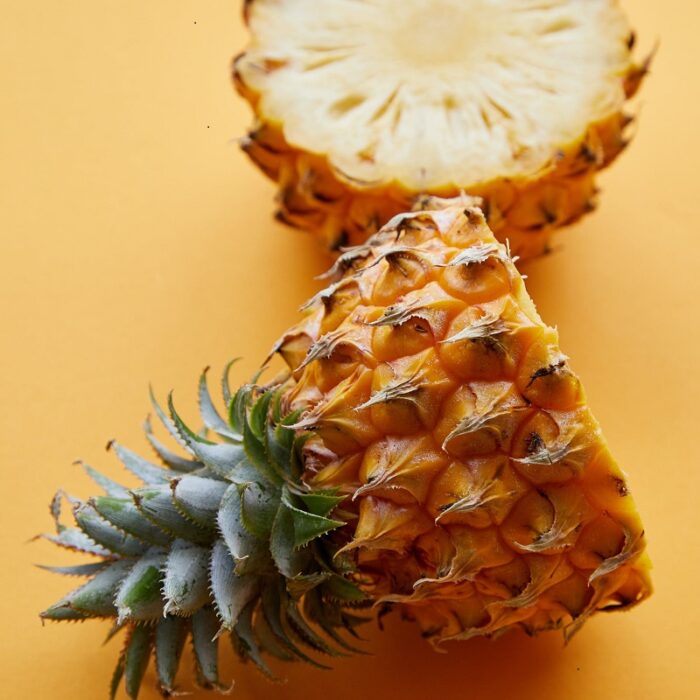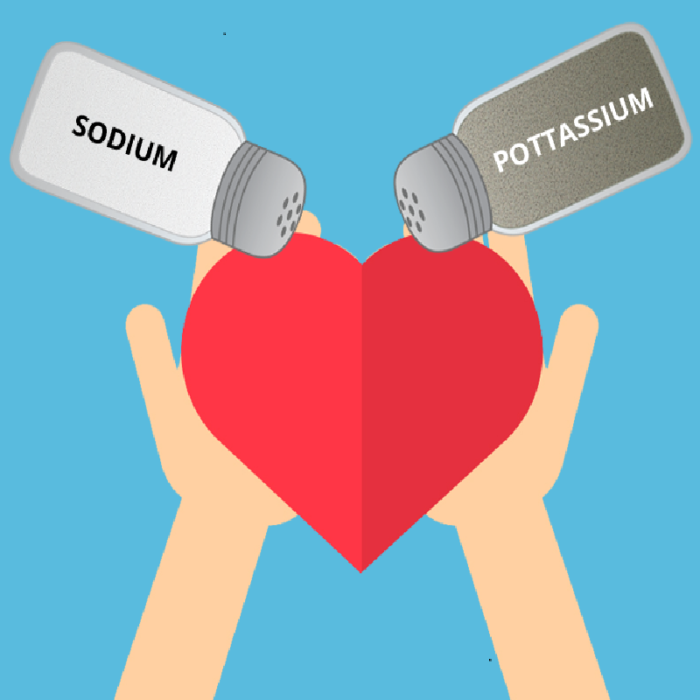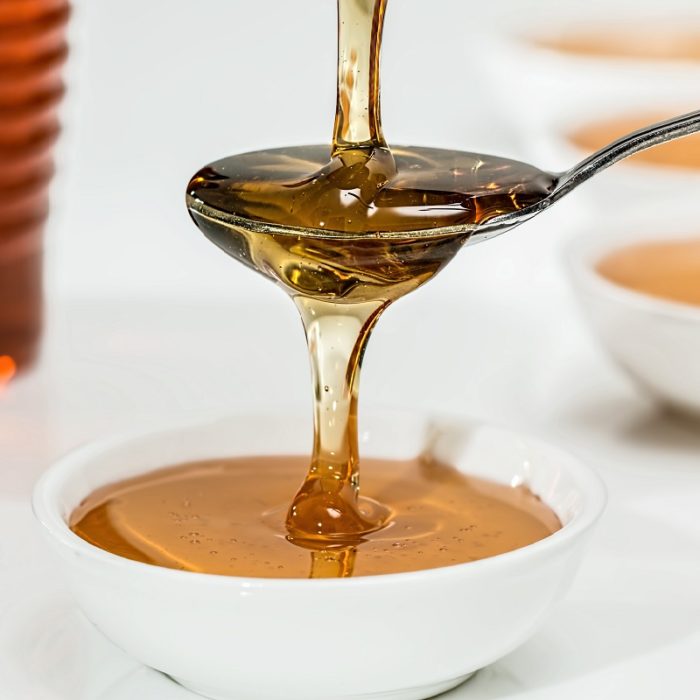19 Best Foods To Relieve Constipation Quickly
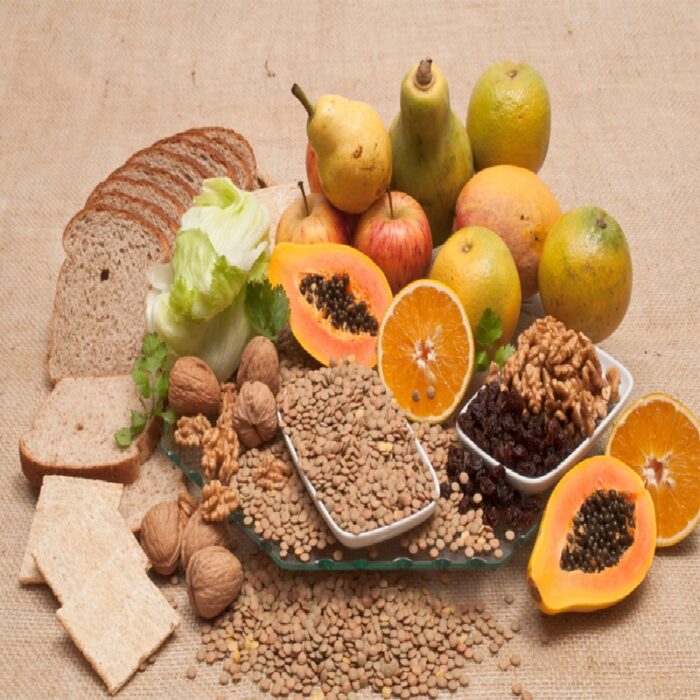
“Constipation,” Although embarrassing, is a common problem faced by approximately 20 percent of the population irrespective of gender and age. Many of us are uncomfortable discussing this topic, but awareness and early intervention are crucial in relieving constipation. This article discusses the importance of the foods you add to your diet for constipation and how simple changes can drastically change how your digestive system works and help you poop without difficulty.
Best Foods to Eat for Constipation:
Several factors make the process of pooping complicated, such as physical inactivity, a low-fiber diet, or even old age. Here we present you with the list of foods you should add to your diet to relieve constipation naturally.
1. Sweet Potatoes:
Sweet potato is one of the fiber-rich foods for constipation, as you can find 3.6 grams of fiber from one medium sweet potato. The fiber present in sweet potato is cellulose and lignin, insoluble fiber, and little pectin, a soluble fiber. Therefore, you can add bulk and weight to the stools by consuming insoluble fiber in the sweet potatoes aiding in the bowel movements (1).
According to a study conducted on people undergoing chemotherapy, sweet potato consumption has improved the symptoms associated with constipation (2).
2. Artichoke:
Artichoke increases the number of beneficial bacteria in the gut, thereby increasing the stool frequency and consistency as it is packed with prebiotics like inulin.
Inulin is prebiotic, which are indigestible carbohydrates that increase their numbers and protect you against the growth of harmful bacteria by feeding the beneficial bacteria in your gut (3).
According to a study, consuming at least grams of fiber from artichokes for three weeks every day increases the good bacteria in the gut and decreases the harmful bacteria (4).
3. Chia seeds:
Chia seeds provide your body with the best fiber for constipation by absorbing water as it also contains healthy fats. In addition, the insoluble fiber present in these seeds, when it comes in contact with water, forms a gel that promotes regularity in your bowel movements by adding bulk to your stool (5).
It is ideal to consume 1.5 tbsp of chia seeds daily to attain ease of digestion. For excellent consumption, don’t forget to soal the chia seeds till they become soft.
4. Beans:
One cup serving of beans has 10 grams of fiber which is on par with any other fiber source. In addition, the excellent combination of soluble and insoluble fiber in beans helps food keep moving through the intestines, making them natural constipation relief foods (6).
For example, you can find a whopping 19.1 grams of fiber, 76% of RDI in one cup o cooked navy beans. Here are some of the beans varieties you can include in your diet:
- Baked beans.
- Pinto beans.
- Lima beans.
- Kidney beans.
- Garbanzo beans.
5. Flaxseed:
The natural laxative properties of flaxseeds make them one of the natural foods to help with constipation (7). Flax seeds contain both soluble and insoluble dietary fiber in addition to numerous health benefits.
You can meet the 10 percent of your daily need for fiber by consuming one tbsp of whole flax seeds as they contain 2.5 grams of fiber. In addition, the fermentation of soluble fiber in flaxseeds produces short-chain fatty acids, stimulating bowel movements and increasing motility (8).
According to some researchers, the lubricant properties of the oil content in flax seeds might have a laxative effect (9). Although more research is needed, pregnant and lactating women are advised to use flaxseeds with caution.
6. Popcorn:
If you are looking for fun food to ease constipation and get more fiber into your diet, popcorn is a great low-calorie way. In addition, popcorn works as an effective home remedy for constipation as it increases the whole grains in your diet.
Although popcorn can be beneficial, you could undo some of its benefits if you pile it up with butter and salt. So instead, choose a healthy variety of microwave popcorn or air-popped popcorn to get maximum benefits.
You can get less than 100 calories and 3.5 grams of fiber in a filling three cups of air-popped popcorn.
7. Rhubarb:
The bowel-stimulating properties of the leafy plant Rhubarb promote bowel movements and soften the stools because it contains a compound called sennoside and is also high in fiber (10). Sennoside, also called Senna, is a popular herbal laxative found in Rhubarb, making it one of the foods that relieve constipation fast (11).
One cup of Rhubarb provides 9% of the RDI for fiber as it contains 2.2 grams of dietary fiber. The stalks of Rhubarb are often added to pies, tarts after slicing and boiling them. Keep in mind that the leaves of this plant are not eaten.
8. Broccoli:
Broccoli is quickly gaining a place in the diet of many health enthusiasts and regular folks alike because of its health benefits. Broccoli is an excellent source of nutrients, a good source of fiber and is low in calories. The chock full of vitamin C and the 2.8 grams of fiber in broccoli make it one of the best foods to eat for constipation.
Consuming broccoli raw is the best way to preserve the fiber content, but if you still want it cooked and avoid extra calories, try steaming, broiling, or baking your broccoli.
9. Spinach:
Green leafy vegetables are an excellent way to provide nourishment to your body. At the same time, spinach supports the regularity of your bowels by adding bulk to them because this leafy green vegetable is a rich source of fiber, making it the best food that prevents constipation.
You can find .7 grams of fiber or 19 % of the RDI in one cup of cooked spinach. Spinach also draws water in to flush things through and helps the colon contract with the help of a mineral called magnesium (12).
10. Kiwi:
Kiwi is one of the best fruit that helps with constipation and improves gut motility as it contains an enzyme called actinidin and is an excellent source of fiber (13). You can get about 2.3 grams of fiber which is 9 % of the RDI in one Kiwi.
According to a study, when compared to the control group, 19 healthy adults who consumed kiwi-derived supplements significantly increased their bowel movements (14).
11. Prunes:
Prune, also known as dried plums, is an excellent addition to your diet to effectively relieve constipation. These help in treating constipation because they have gut-friendly phenolic compounds like sorbitol.
Prunes increase water in your stool, thereby adding bulk as it contains a fiber known as cellulose. Prunes also have soluble fiber fermented in the colon, increasing stool weight by producing short-chain fatty acids (15).
In addition, prunes give you a laxative effect because of the phenolic compounds and sorbitol, sugar alcohol (16).
12. Berries:
Berries, whether it is raspberries, blackberries, and strawberries, they are other fruits to ease constipation and make you poop because they are rich in dietary fiber. But to ensure the consumption of maximum nutrients, prefer fresh fruits instead of canned ones.
Berries are low in calories, so you can add them to a bowl of cereal or with low-fat whipped cream. You can get 8 grams fiber from raspberries, 7.6 grams of fiber from blackberries, and 3 grams from strawberries.
13. Apple with Peel:
Consuming apple along with peel is one of the effective foods to reduce constipation. Apple, with its peel, will help promote regular bowel movements by passing through your intestines undigested as this fruit is a rich source of fiber (17).
Apples also assist in reducing constipation and improve digestive health by decreasing the colon transit time with the help of a soluble fiber called pectin, which has laxative effects (18).
14. Pears:
Pears are yet another fruit that helps ease constipation as it contains high amounts of fructose and sorbitol compared to other fruits that act as natural laxatives (19). In addition, a medium-sized pear has about 5.5 grams of fiber which fulfills 22% of the RDI of fiber for a person.
The body does not absorb fructose and sorbitol present in pears. Instead, they stimulate bowel movement as some end up in the colon, pulling in water by osmosis, thereby acting as a natural laxative (20).
15. Figs:
Figs are foods rich in fiber and ideal for constipation as they promote regularity in your bowel movements with the help of an enzyme called ficin.
Like the enzyme actinidin found in kiwis, figs contain an enzyme called ficin that, along with high fiber content, contributes to the positive effects on bowel function. You can get about 1.5 grams of fiber in one medium raw fig and 7.9 grams in half a cup of dried figs.
16. Citrus Fruits:
Citrus fruits such as grapefruits, oranges, and mandarins contain compounds like pectin and naringenin, making them some of the best foods to eat for constipation. In addition, these fruits are a good source of fiber and are a refreshing snack.
The compound called pectin is a soluble fiber that reduces constipation and accelerates colonic transit time, especially in the peels (21).
You can get 3.7 grams of fiber from one orange and 5 grams of fiber from one grapefruit. To extract maximum benefits from citrus fruits, consume them fresh.
17. Including Kefir and Yogurt:
Originated in the Caucasus mountains in West Asia, Kefir is a fermented milk beverage rich in probiotics and effectively prevents constipation by improving your gut health (22). Depending upon the source, Kefir has various microorganisms that can be beneficial for your health when ingested.
Yogurt is yet another constipation relief food as it has ample amounts of Probiotics, also called good bacteria, which help soften the stools and improve gut health.
You can treat constipation by consuming unflavored probiotic yogurt that contains polydetrose, Lactobacillus acidophilus, and Bifidobacterium lactis, according to a study in 2014.
18. Increase Water Content:
Dehydration is considered one of the prominent causes of constipation in many people. So just by drinking enough water and staying hydrated, you can relieve the Constipation issue (23).
According to some studies, sparkling water is more effective in relieving constipation than tap water, as it helps get things moving again by keeping you rehydrate (24).
Although sparling water might be effective for some people, you might make your constipation worse if you drink sugary drinks or sodas.
19. Whole-grain Bread:
Whole-grain bread is one of the foods that help in constipation as it has a ton of fiber. The fiber in whole-grain bread adds bulk to your stool and helps smoothen the waste transition from your body.
According to researchers, Whole-grain rye is one example of whole-grain bread that relieves constipation and is better than wheat bread and laxatives. In addition, rye bread has arabinoxylan, the main component of dietary fiber that helps food move through your intestine smoothly.
If not dealt with initially, constipation can become a chronic condition that will cause more damage to your body than you can imagine. Whatever the reason, you can naturally get relief from constipation by making some dietary changes mentioned in this article. If you don’t find relief even after trying these foods, make sure to consult a doctor to recognize the root cause and deal with it. Don’t forget to let us know if you found this article helpful!
Frequently Asked Questions
Q. What is the required amount of fiber needed to poop regularly?
A: Between the ages of 19 and 50 years, women need 25 grams, and men need 38 grams of fiber on average. It is 21 grams per day for women and 30 grams for men beyond that age. Therefore, to ensure colon health, it is essential to meet the daily quota of fiber.
Q. How essentials is protein for a regular bowel movement?
A: Protein is the critical component in promoting a healthy and regular bowel movement. But when you consume protein in excess, your body will need more water to digest it, causing constipation. Therefore moderation is necessary.
Q. Is it safe to use laxatives to Relieve constipation?
A: The body of each person is different, and therefore the medications or laxatives used also vary. Although laxatives are inexpensive and safe, they usually work when you are mildly constipated. But by adding the foods mentioned in this article, you will be able to combat constipation issues naturally and healthily.













